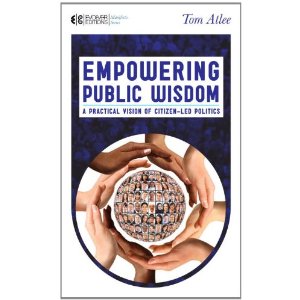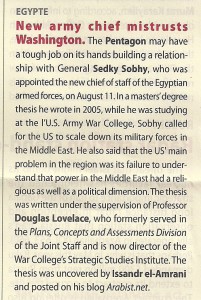
* Titles marked with an asterisk are particularly important to this topic.
Baldwin, Christina, Calling the Circle: The First and Future Culture (Bantam, 1998)
Briggs, John and F. David Peat, Seven Life Lessons of Chaos: Spiritual Wisdom from the Science of Change (Harper Perennial, 2000)
Briskin, Alan, Sheryl Erickson, Tom Callanan, and John Ott, The Power of Collective Wisdom: And the Trap of Collective Folly (Berrett-Koehler Publishers, 2009)
*Brown, Juanita with David Isaacs and The World Cafe, The World Cafe: Shaping Our Futures Through Conversations That Matter (Berrett-Koehler Publishers, 2005)
*Callenbach, Ernest, and Michael Phillips, A Citizen Legislature (Bookpeople, 1985)

Capra, Fritjof, The Web of Life: A New Scientific Understanding of Living Systems (Anchor, 1997)
*Chickering, A. Lawrence and James S. Turner, Voice of the People: The Transpartisan Imperative in American Life (Da Vinci Press, 2008)
*Crosby, Ned, Healthy Democracy: Bringing Trustworthy Information to the Voters of America (Beaver's Pond Press, 2003)
Dahl, Robert A., Democracy and Its Critics (Yale University Press, 1991)
Dowd, Michael, Thank God for Evolution: How the Marriage of Science and Religion Will Transform Your Life and Our World (Plume, 2009)
Ellinor, Linda and Glenna Gerard, Dialogue: Rediscover the Transforming Power of Conversation (Wiley, 1998)
*Fisher, Roger, William L. Ury, and Bruce Patton, Getting to Yes: Negotiating Agreement Without Giving In (Penguin Books, 2011)
*Fishkin, James S., When the People Speak: Deliberative Democracy and Public Consultation (Oxford University Press, 2011)
Continue reading “Tom Atlee: Public Wisdom Suggested Reading”


 Issandr El Amrani
Issandr El Amrani




